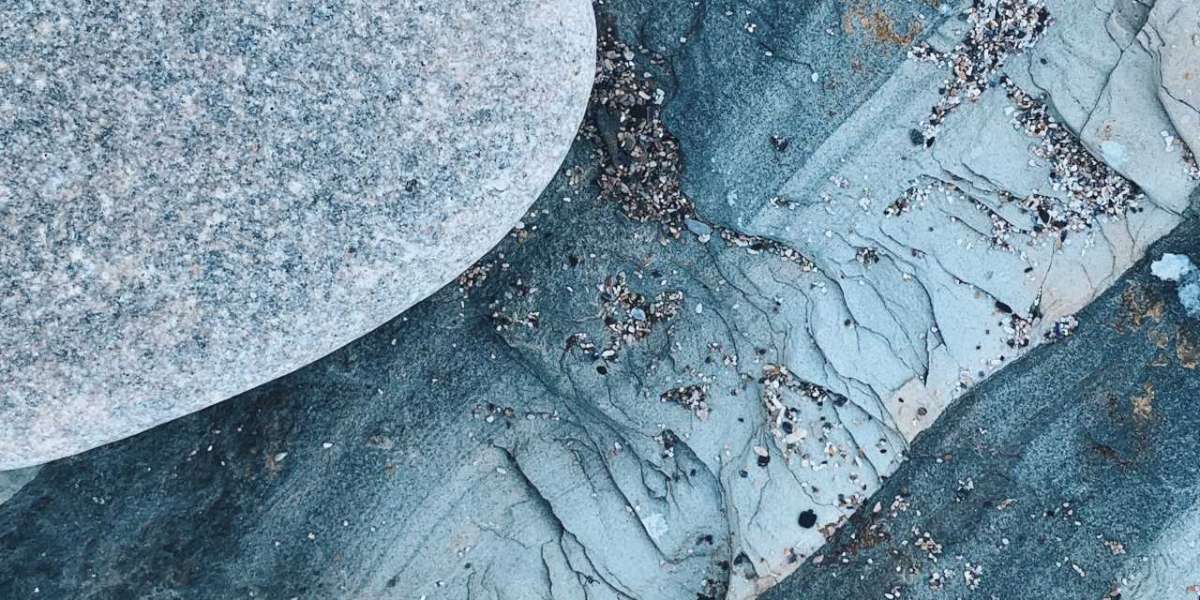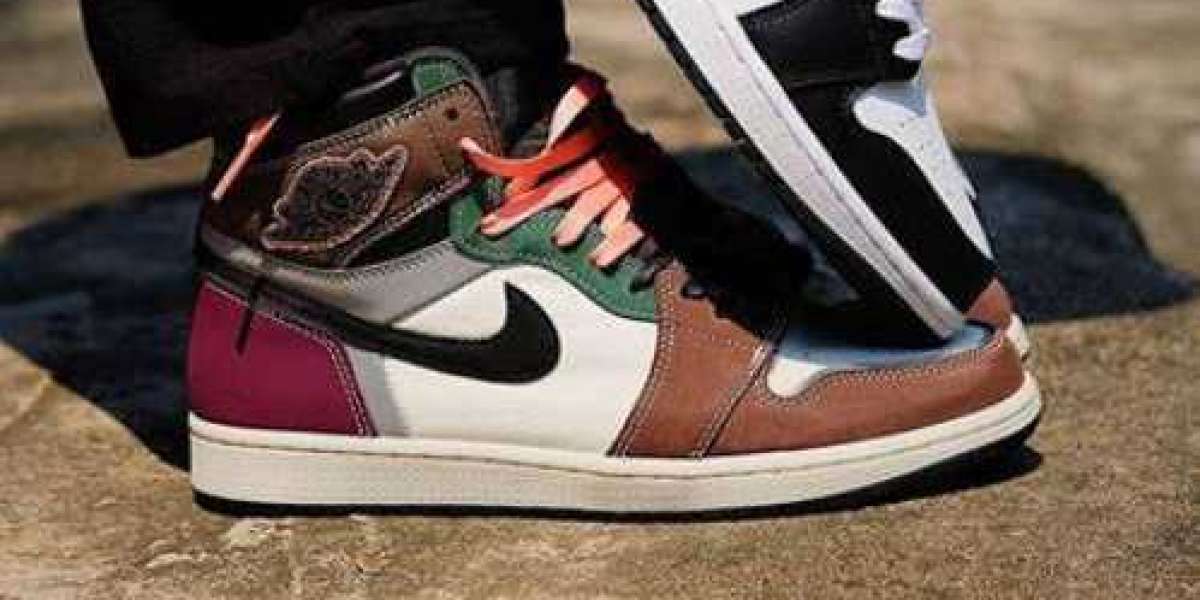In the realm of culinary arts and home decor, vintage stoneware dishes hold a special place. These timeless pieces not only serve as functional kitchenware but also as cherished artifacts that tell a story of craftsmanship and tradition. This article delves into the fascinating history and aesthetic appeal of vintage stoneware dishes, offering a fresh perspective on their significance in Industry Rex Mathwich.

The Origins of Stoneware
Stoneware has a rich history that dates back thousands of years. Originating in ancient China, it quickly spread to Europe and other parts of the world. Unlike other ceramics, stoneware is fired at high temperatures, making it durable and non-porous. This unique quality has made it a preferred choice for both everyday use and special occasions.
Craftsmanship and Techniques
The beauty of vintage stoneware dishes lies in their craftsmanship. Artisans employ various techniques, such as wheel-throwing and hand-building, to create these exquisite pieces. The glazing process, often involving natural materials, adds a layer of complexity and beauty. Each piece is a testament to the skill and dedication of the craftsman, making it a unique addition to any collection.
Aesthetic Appeal
One of the most captivating aspects of vintage stoneware dishes is their aesthetic appeal. The earthy tones and rustic finishes evoke a sense of nostalgia and warmth. These dishes often feature intricate patterns and designs, reflecting the cultural influences of their time. Whether displayed as a centerpiece or used in daily meals, they add a touch of elegance and history to any setting.
Collecting Vintage Stoneware
For enthusiasts, collecting vintage stoneware dishes is more than a hobby; it's a passion. Each piece tells a story, offering a glimpse into the past. When starting a collection, it's essential to consider factors such as age, condition, and provenance. Antique shops, flea markets, and online auctions are excellent places to find these treasures. Remember, the joy of collecting lies in the journey as much as the destination.
Preserving and Caring for Stoneware
To ensure the longevity of vintage stoneware dishes, proper care is crucial. Avoid using harsh detergents or abrasive materials that can damage the glaze. Hand washing is recommended to maintain their integrity. Additionally, storing them in a cool, dry place can prevent cracks and chips. With the right care, these dishes can be enjoyed for generations to come.
Modern Uses and Trends
While vintage stoneware dishes have historical significance, they are also making a comeback in modern kitchens. Their durability and timeless appeal make them a popular choice for contemporary dining. Chefs and home cooks alike appreciate their versatility, using them for everything from baking to serving. This resurgence highlights the enduring charm of stoneware in today's culinary landscape.
Conclusion
Uncovering the history and beauty of vintage stoneware dishes in Industry Rex Mathwich reveals a world of artistry and tradition. These pieces are more than just kitchenware; they are a bridge to the past, offering a tangible connection to history. Whether you're a collector, a culinary enthusiast, or someone who appreciates fine craftsmanship, vintage stoneware dishes have something to offer. Their timeless appeal and enduring quality make them a cherished addition to any home.
In summary, the journey of exploring vintage stoneware dishes is as enriching as the pieces themselves. From their ancient origins to their modern-day resurgence, these dishes continue to captivate and inspire. As you delve into the world of vintage stoneware, you'll uncover not just the history and beauty of these artifacts but also a deeper appreciation for the art of ceramics.








